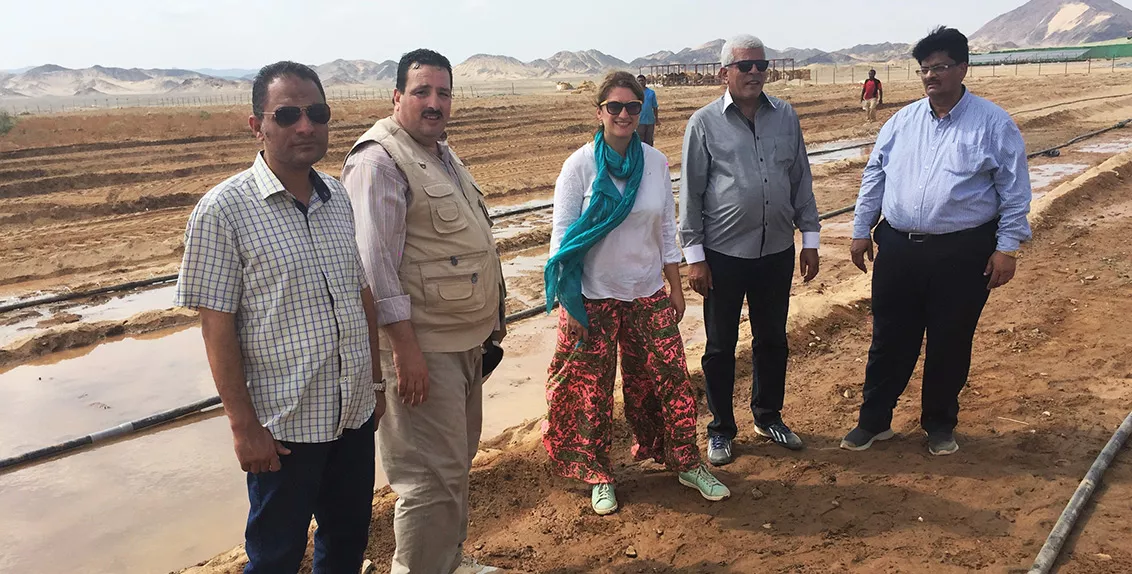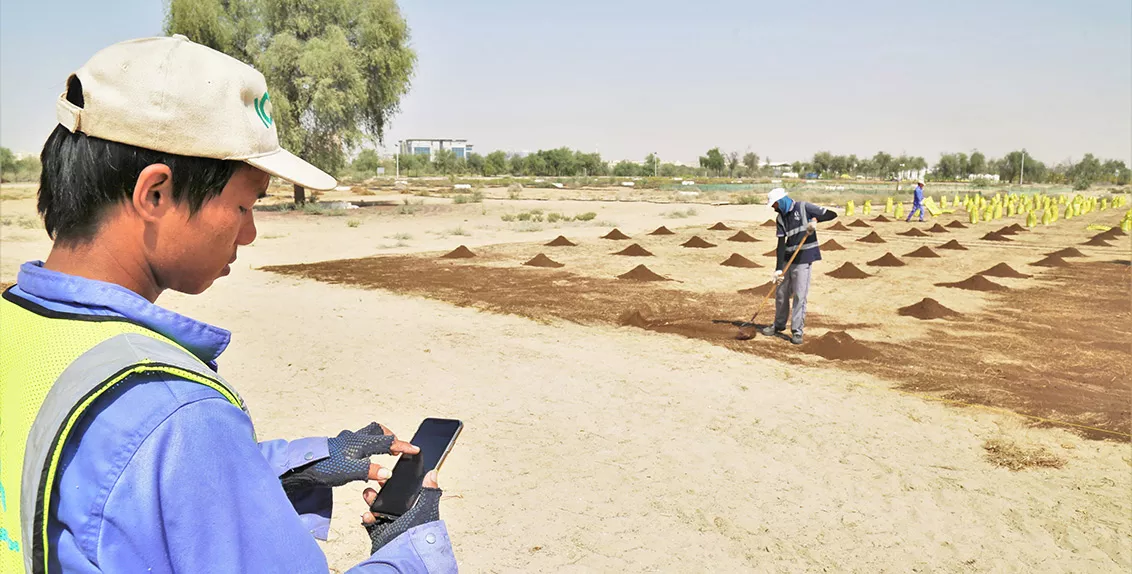Food for the Future II - Building Sustainable Networks and Unleashing Entrepreneurial Potential in Farming Communities living in Marginal Areas
To build on the success of the Food for the Future project phase I and promote the concept of green entrepreneurship by addressing environmental and social challenges by making food systems more climate-friendly, resource-efficient and environmentally sustainable and, thereby, promote a sustainable agricultural transformation and economic diversification.
The West Asia and North Africa (WANA) region is considered one of the most water-scarce regions in the world, with agriculture consuming over 75% of freshwater resources. Climate change projections show an increase in temperature by 1-2oC, a decrease in precipitation of more than 20%, and an increased incidence of prolonged droughts. Furthermore, many of the groundwater-based agroecosystems and more than 25% of river-based irrigated agricultural lands in this region are affected by salinity and waterlogging. These significant changes are a constraint to agricultural productivity and are impacting livelihoods and food security in the region and, therefore, demand the re-evaluation of conventional agriculture. One sustainable solution, proposed by ICBA to be implemented in Egypt and the United Arab Emirates, is the introduction of high-value, resilient crops such as Salicornia bigelovii, halophytic forages and quinoa that can tolerate extreme weather and utilize the existing marginal land and water resources and increase agricultural productivity and food security in these communities.
- The Red Sea Governorate;
- The Ministry of Agriculture and Land Reclamation of Egypt;
- Desert Research Center, Egypt.
No Poverty (SDG 1), Zero Hunger (SDG 2), Gender Equality (SDG 5), and Climate Action (SDG 13), Life on Land (SDG 15)

